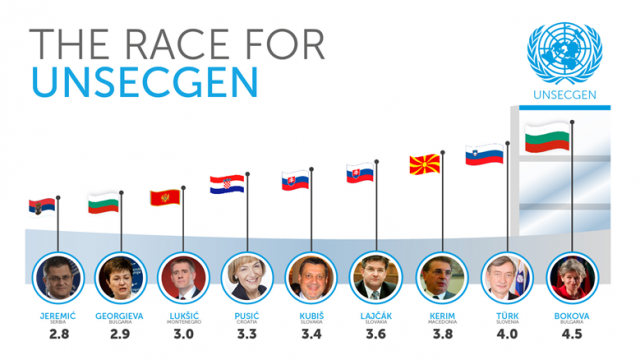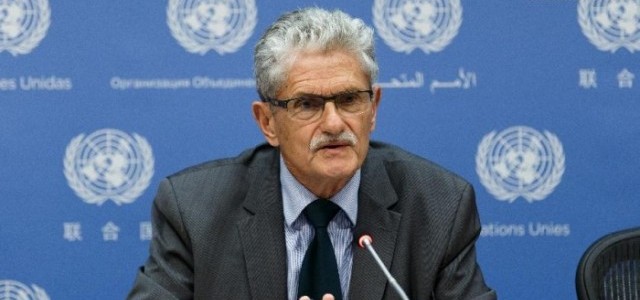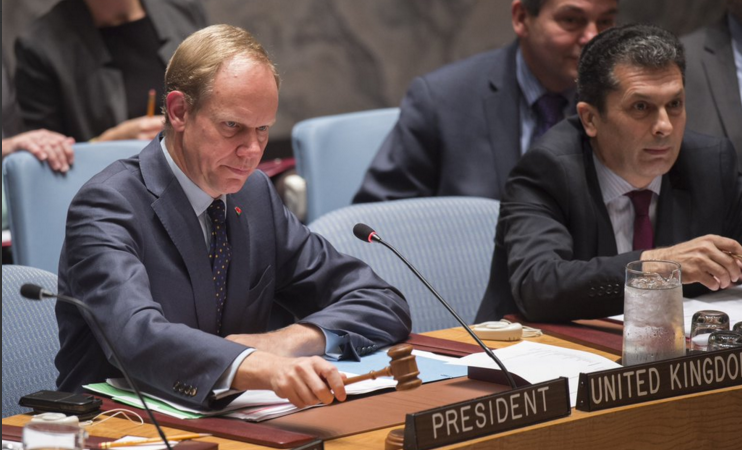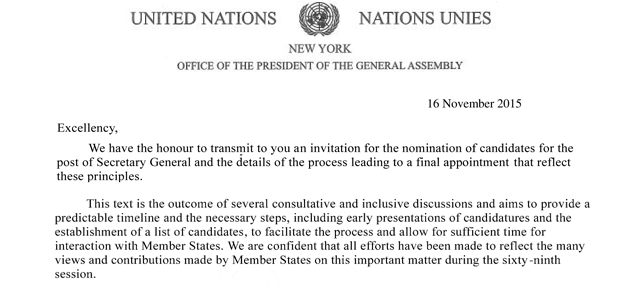November was a busy month on unrelated projects, and few developments in the UN elections front, thus my recent absence. Let me get started again by acknowledge taking far too long on writing about President Obama’s endorsement of India’s permanent Security Council seat aspirations. In part this is due simply to the fact that I didn’t consider it is the earth-shattering news as many reports made it out to be, nor much of a surprise at all.
Sure, the U.S. taking a position on anything as significant as adding a new permanent is important, but the forward motion on reform, the election of India and other aspirants to the Security Council this year, and long-standing support for India by France and the United Kingdom made it inevitable. And it’s not like the U.S. hasn’t come out in favor of new permanent members before.
The U.S. stated its support for Japan’s bid in 2005 (and Obama re-iterated it last month), to the ire of both China and South Korea, who oppose its bid on cultural/historical grounds going back to WWII and before. (One of the recently leaked State Department cables referenced China’s opposition to Japan.) The same critique cannot be applied to India, though China at least will quietly (and unwisely) continue to oppose any regional competitor gaining a permanent seat.
India and Japan joined with Germany and Brazil in pushing the G4 initiative in 2005 to secure permanent seats for themselves and two African states. The U.S. opposed their efforts, preferring to consider candidates for new seats on a country-specific basis rather than regionally. That approach and current U.S. support for “engaging emerging powers into the international architecture” clearly makes the Indian endorsement a non-surprise. Brazil reacted to Obama’s announcement with undisguised anticipation.
“It is very positive that President Obama mentioned India because that shows that he has an open mind in relation to developing countries,” Brazilian foreign minister Celso Amorim told journalists. “But apart from that, any reform of the United Nations can’t be done with only one country,” he said.
…
“The fact that he is mentioning India by name, that the US are accepting a developing country, pulls the door open for other big emerging countries like Brazil or others in Africa.”
But Brazil’s intervention (along with Turkey) on Iranian sanctions earlier this year miffed the U.S. and other P5 members, so it’s unlikely we’ll see a similar endorsement for their bid anytime soon.
Germany was elected to a two-year temporary seat in October, placing it in a good position to argue for new permanent members. It welcomed Obama’s endorsement of reform in general and of India’s bid specifically, but should step back from pushing for a permanent seat for itself anytime soon. With Germany and Portugal’s election, European states hold one-third of the Council’s seats. This doesn’t preempt adding Germany as a permanent member, but it makes the suggestion more difficult and pushes it much further down the road. (Please, let’s not waste time arguing over creating a consolidated seat for the EU instead. Not only would the UK, France and a dozen other EU states oppose it in order to keep their own national seats, but how many South governments feel the same way?)
Back to Obama’s endorsement, it is not going to make a difference in whether and when it happens.
Considering India’s population, which is estimated to be more than one billion, and its growing economic power, U.S. President Barack Obama recently said he would support that nation’s candidacy for the permanent membership. His statement proved to be a catalyst in intensifying the call for reforms, but added nothing to finding an effective way to achieve this goal.
I’m optimistic about some good debates and maybe some progress on this year on Security Council reform. General Assembly President Joseph Deiss has made it a priority for the coming year, calling on member states to “build on existing convergences, and narrow differences of viewpoint, in order to reach more tangible results.” But there are still a number of significant disagreements to overcome. A new draft text on Council reform was expected back in September, based on the negotiations carried out in July, but it’s not yet emerged.
As Obama and others have noted, India is a prime candidate for permanent membership and would contribute to reversing the anachronistic and unbalanced composition of the Security Council. Obama should be applauded for advancing the discussion. Yet, given the complexities yet to be resolved around Security Council reform, I’m somewhat inclined to agree with the more cynical view that
“The announcement may very well be sincere, but in political terms it is also ‘easy money’: instant applause, a few new friends and no need to follow up with any concrete action.”




